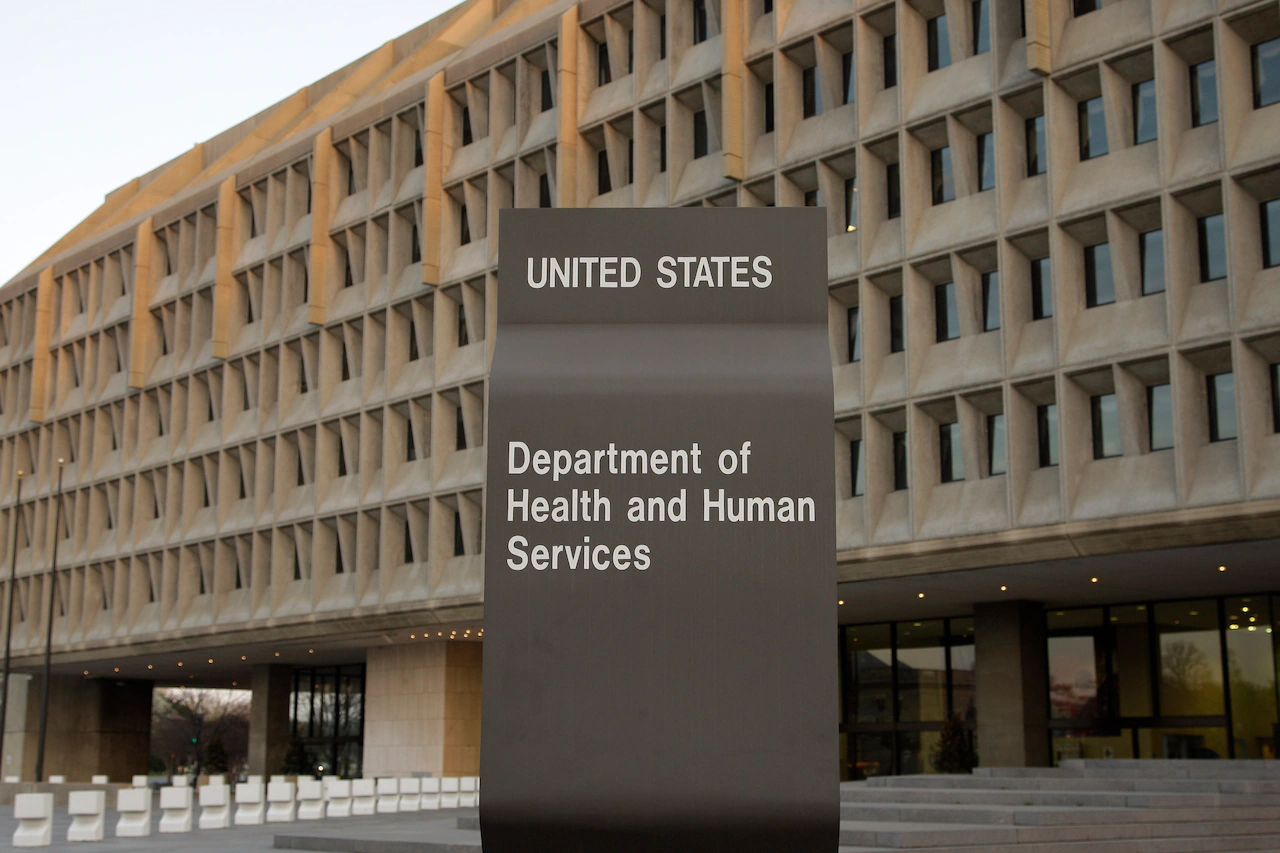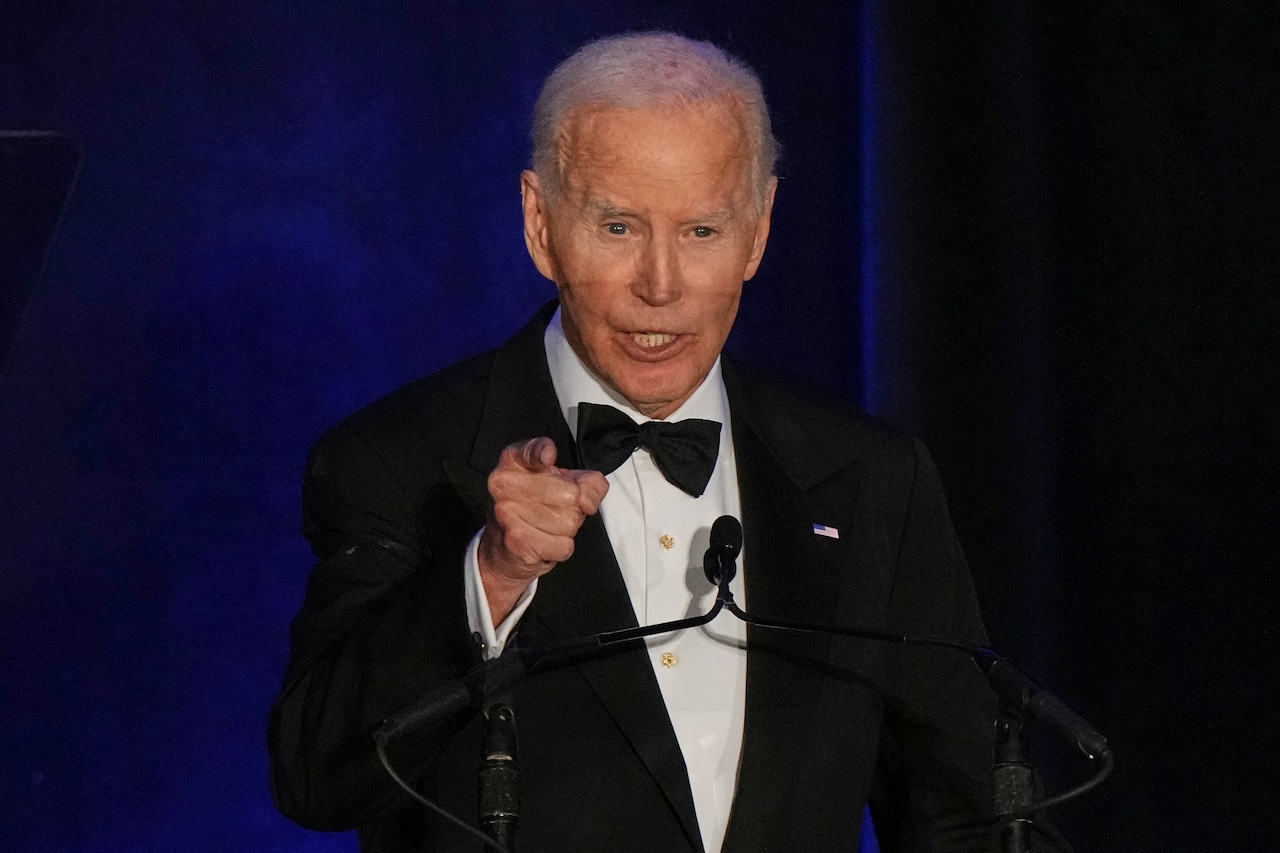Copyright The Oregonian

A federal judge in Oregon said she’s leaning toward blocking the U.S. Department of Health and Human Services from pulling funding for sex education that includes references to diverse gender identities. At one point during a hearing Monday, U.S. District Judge Ann Aiken pointedly asked the federal government’s lawyer how its threat of halting the funding isn’t “just blatant sex discrimination?” Assistant U.S. Attorney Susanne Luse responded, “Because we’re not excluding anybody from these programs. We’re just simply saying, ‘You cannot teach that boys can be girls and girls can be boys.’” Luse argued that the federal department is seeking to clarify that federal money must support “medically accurate” sex education, not “ideological concepts.” The statutes that established the grant-funded programs make no mention of “gender ideology or gender identity,” federal lawyers argued in court papers. Oregon is one of 16 states and the District of Columbia that sued the Department of Health and Human Services, which wants to prohibit “gender ideology” lessons funded by the Personal Responsibility Education Program, known as PREP, and Title V Sexual Risk Avoidance Education program, called SRAE. The federal grants are used to teach about abstinence and contraception to prevent pregnancy and sexually transmitted diseases. The federal department threatened to cut the grant funding by this coming Monday unless states remove any reference — even a passing one — to inclusive gender ideology. The department’s notice to the states said that the grants do not authorize “teaching students that gender identity is distinct from biological sex ... or that there is a vast spectrum of genders that are disconnected from one’s sex. Therefore, gender ideology is outside of the scope of the statutory authority for this award. In addition, any costs associated with gender ideology are not allowable expenditures of federal grant funds.” The states argued that the new grant conditions would violate federal law and the separation of powers that bestows such spending decisions on Congress. The termination of funding under the two programs could result in a loss of at least $35 million to the states, according to their suit. At another point during the hearing held by phone, Aiken didn’t hide her apparent exasperation with the federal government’s argument that sex education shouldn’t include a “psychological focus.” “If you’re going to talk about how someone gets pregnant, gender or gender identity is not going to be a factor. It is the biology. It is explaining how people get pregnant,” Luse argued. Aiken cut her off, interjecting, “Oh, for crying out loud, no. … That argument makes no sense.” The judge, noting her prior experience as a state Juvenile Court judge, said sex education most definitely must focus on the “physical and emotional well-being” of children and adolescents as they go through puberty. She further cited the sworn declaration submitted by an expert for the states, Dr. Kate Millington, who said an “inclusive sexual health education” reduces high-risk sexual conduct. Millington is a pediatric endocrinologist at Hasbro Children’s Hospital in Providence, Rhode Island, and an assistant professor of pediatrics and clinician educator at Brown University. Aiken said it appeared the government’s move to alter funding requirements for the two programs in the midst of a school year “looked arbitrary and capricious.” Luse said “gender ideology” doesn’t “comport” with the educational programs designed to teach abstinence and use of contraception. “Is it possible that trans youth can get pregnant?” Aiken asked. “Is it possible that individuals who are non-binary get STIs (sexually transmitted infections)? Is it possible that any or all of those diverse youth can become self-harming, suicidal or drug affected or drug using? Are those high-risk behaviors that can happen with students?” In arguing for the states, Marsha Chien of the Washington state’s attorney general’s office said that “trans youth are our neighbors, they are our family members, they are our friends and they are our partners.” “Comprehensive sexual health education that recognizes gender identity ensures that both cisgender and trans youth who are sexually active are educated when making decisions about their sexual health,” Chien said. “So this extends both to cisgender who have relationships with trans youth. This is beneficial to all.” Aiken said she expected to issue her written ruling soon but gave no date.



